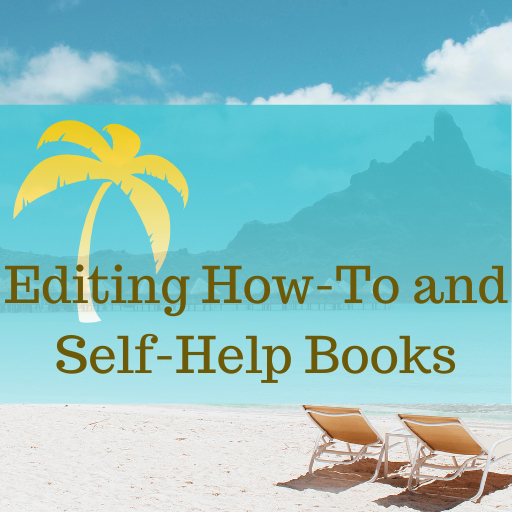Making Time for Potential Clients
What’s the secret to making time for potential clients, especially if you’re time and energy are already maxed out? Businesses do many things to reduce friction for customers, such as building automations, writing FAQs, offering a wide variety of payment options, and so on. The idea is that if I want to buy a widget…



